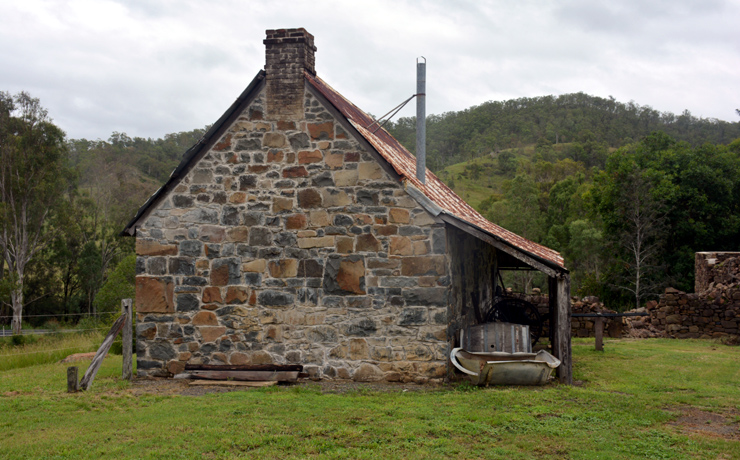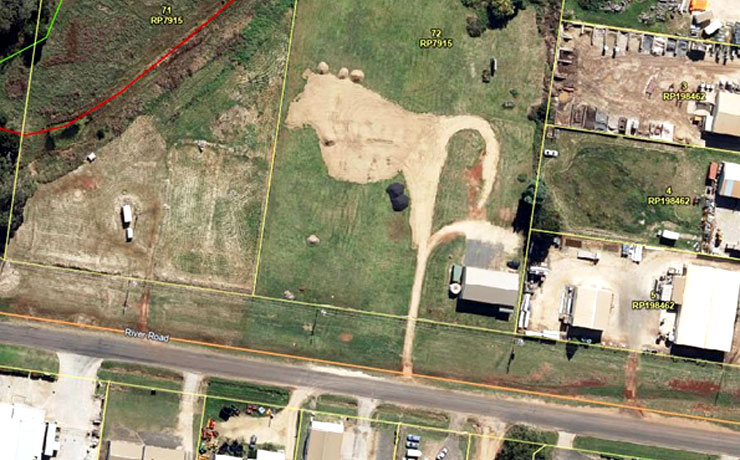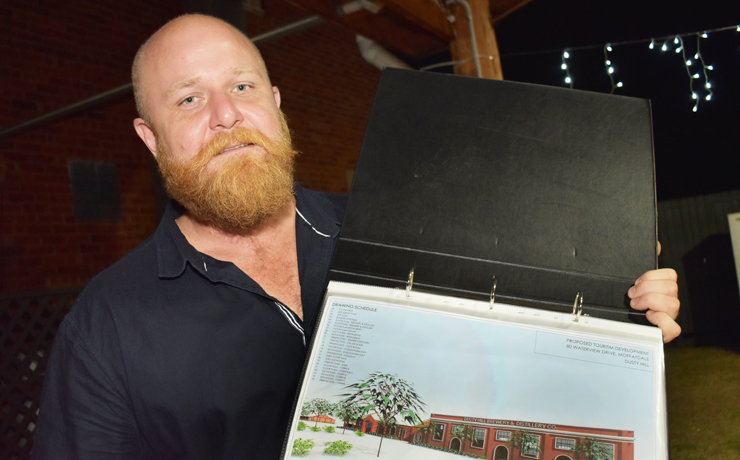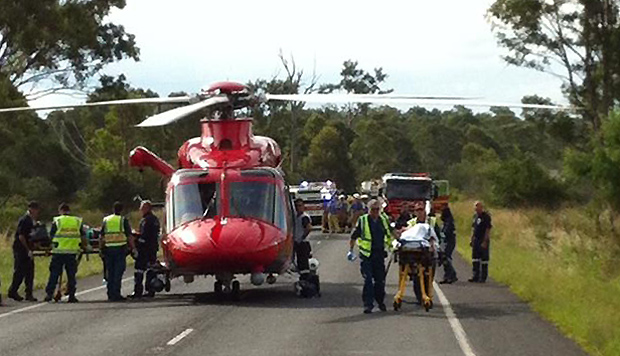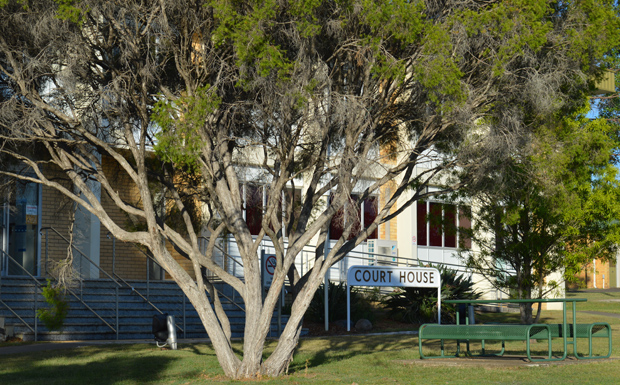by Dafyd Martindale
News last week that South Burnett police discovered 21 drug drivers out of 200 roadside drug tests in a recent weekend blitz has come as a shock to many people.
So it should.
Finding out that slightly more than 10 per cent of drivers on our roads are affected by drugs is reasonable cause for alarm.
Even worse – because current tests can only detect a limited range of drugs – it is entirely possible the true number of drug-affected drivers on our roads is even higher.
But before we listen to predictable knee-jerk calls for tougher policing and harder sentencing, it might be time to consider that perhaps the approach we’re using to tackle the drug problem in our communities is fundamentally wrong.
And it may have been wrong for virtually the entire life span of everybody reading this column.
Although the “War On Drugs” was first popularised by US President Nixon in 1971 when he declared drug abuse was “public enemy number one”, prohibitions on drugs actually began in the USA as far back as 1914 with the Harrison Narcotics Act.
This was followed by the 18th Amendment in 1919 which prohibited the sale, manufacture and transportation of alcohol (with exceptions for religious and medical use); and then the notorious Volstead Act of 1920 that ushered in Prohibition.
While Prohibition was repealed in 1933 when it became apparent it had comprehensively failed and instead created far more problems than it solved, the same pragmatic approach the US was forced to take to alcohol sadly didn’t translate to other drugs.
Instead, the US gradually adopted a series of further drug laws and pushed the rest of the world to follow suit, including Australia, through a series of United Nations conventions.
This has led us to where we are today: most Western societies have enormous drug problems in their communities; drug barons have waxed as rich off supplying the market for drugs as bootleggers did during Prohibition; and governments worldwide now spend literally billions every year fighting a War On Drugs that has failed to deliver any sort of victory in the 45 years it’s been waged.
Contrast this, if you will, with the approach Australia has taken with two common and widely-used legal drugs: alcohol and tobacco.
Governments have cracked down on drink-driving through a combination of community education (which also applies to binge drinking, alcohol-fuelled violence and related matters) and heavy penalties for getting behind the wheel in an intoxicated state.
While it hasn’t stamped out drink-driving completely – and people being people, it probably never will – the same blitz that found 21 drug drivers in 200 tests only found 3 drink-drivers in 1200 tests.
Big difference!
Similarly, with tobacco, Governments embarked on a similar process: community education combined with steps to make tobacco unattractive (plain packaging and bans on advertising), difficult to buy (sealed product stands), and both expensive and difficult to consume (think: indexation pricing and the ever-growing list of non-smoking sites).
The result of these policies is that smoking rates over the last 20 years have just about halved, from 26.1% to 13.3% of Australians.
And they’re still going down.
But drugs? The harder we fight them, the worse the problem seems to become.
So wouldn’t we be better treating them as a public health problem rather than a crime?
Let the Government produce drugs and sell them. That would destroy the Australian market for drug barons overnight.
Then make them available under controlled conditions (eg: through pharmacies) where purchasers would be given information about the true effects these substances can have on their health and lives, along with information about support services that could help them get back to sobriety.
Take some of the money saved from the pointless War On Drugs and plough it back into public health services (to help drug users kick the habit) and community education programs (to make potential users aware that drug abuse is a pretty pointless road to go down).
And, of course, make it as difficult to consume drugs in public as it is to consume alcohol or tobacco.
Where Prohibition failed was that it tried to completely stamp alcohol out of society. And that’s where the War On Drugs has failed us too.
Like it or not, archaeological evidence shows us that human beings have been using drugs to alter their consciousness for as far back as we can dig.
So no, we will never completely eliminate alcohol, tobacco or any other drugs from society.
And rather than continue to believe the fiction we can stamp out this part of our nature, let’s accept it and try to minimise the harm it does to those caught up in it instead.
In the end, that would probably be kinder to us all.
And it would certainly be cheaper.
- Related article: South Burnett’s Shame … 21 Drug Drivers Detected













